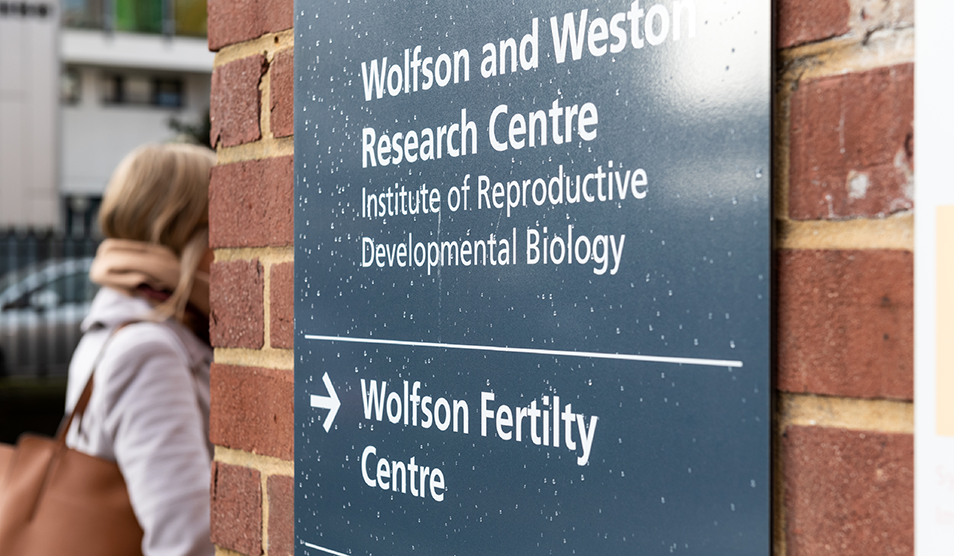Study finds majority of patients hospitalised with Covid-19 not fully recovered five months after discharge
Seven in ten patients discharged from hospital following Covid-19 infection have not fully recovered five months after discharge, according to new data from a UK-wide study.
The research, which is yet to be peer-reviewed, has shown that many patients continued to experience negative impacts on their physical and mental health, as well as their ability to work. The research has also uncovered a potential biological factor behind some post-Covid symptoms.
The UK-wide PHOSP-COVID study is led by the National Institute for Health Research (NIHR) Leicester Biomedical Research Centre and analysed 1077 patients recovering from Covid-19 who were discharged from hospital between March and November 2020. More than 200 patients discharged from Imperial College Healthcare hospitals have now been recruited to this study.
There are more than 300,000 people in the UK who have been discharged from hospital following Covid-19. One of the aims of the study is to measure the impact of medicines given during hospitalisation to see if they affect recovery. Early indicators from the study show that drugs such as steroids, which have been shown to help reduce mortality in hospital, do not appear to have an impact on longer term recovery.
Researchers found that participants had an average of nine persistent symptoms. The most common were: muscle pain, fatigue, physical slowing down, impaired sleep quality, joint pain or swelling, limb weakness, breathlessness, pain, short-term memory loss and slowed thinking. Those who experienced more persistent symptoms tend to be middle-aged, white and female, with at least two underlying conditions, such as diabetes, lung or heart disease.
The study reports that over 25 per cent of participants had symptoms of anxiety and depression and 12 per cent had symptoms of post-traumatic stress disorder (PTSD) at their 5-month follow-up.
Researchers also noticed that, in most of those with post-Covid symptoms, levels of a chemical associated with inflammation called C-reactive protein (CRP) were elevated. It is recognised that inflammation plays a key role in the progression of Covid-19 disease and previous studies have shown that inflammation can be associated with poor recovery from illness in general.
Professor Chris Brightling, a professor of respiratory medicine at the University of Leicester and the chief investigator for the study, said: “While the profile of patients being admitted to hospital with Covid-19 is disproportionately male and from an ethnic minority background, our study finds that those who have the most severe prolonged symptoms tend to be white women aged approximately 40 to 60 who have at least two long term health conditions, such as asthma or diabetes.”
Dr Luke Howard, NIHR Imperial Biomedical Research Centre researcher and consultant respiratory physician at Imperial College Healthcare, who leads the study at the Trust, said: “These results highlight the need for a proactive approach to clinical follow-up for patients recovering from Covid-19 which takes in to account their persistent symptoms, as well as their mental and physical health. Continued study of the recovery of these patients over a longer timeframe and ongoing research to help us understand the biology underpinning post-Covidsymptoms, will help further inform our approach to treating those recovering from severe Covid-19. Patients in the study will be assessed again at 12 months to help gather more data to support this learning.”
Participants in the study were generally younger than the average for those recovering from hospitalisation after Covid-19 infection and represent a small sample of patients butt his is the largest study to report in detail on the impact of Covid-19 on the medium term health of this patient group.
PHOSP-COVID is a multi-centre, UK-wide, observational study and is funded jointly by UK Research and Innovation (UKRI) and the National Institute for Health Research (NIHR).
Professor Chris Whitty, Chief Medical Officer and co-lead for the National Institute for Health Research, said: “We are in the foothills of our understanding of long term effects of Covid. This research provides useful information on the debilitating effects of Covid some people are living with months after being hospitalised. It is important that we work out what exactly the various elements of what is currently termed ‘Long Covid’ are so we can target actions to prevent and treat people suffering with long term effects.”
Health and Social Care Secretary, Matt Hancock, said: “I know ‘long Covid’ can have a lasting and debilitating impact on the lives of those affected and I'm determined to improve the care we can provide. Studies like this help us to rapidly build our understanding of the impact of the condition and we are working to develop new research so we can support and treat people. We are learning more about long Covid all the time and have given £20 million research funding to support innovative projects, with clinics established across the country to help improve the treatment available.”
The pre-print paper is available on Med Archives.
For more information about the PHOSP-COVID study at Imperial College Healthcare, please contact: imperial.ichc-tr.prrt@nhs.net



